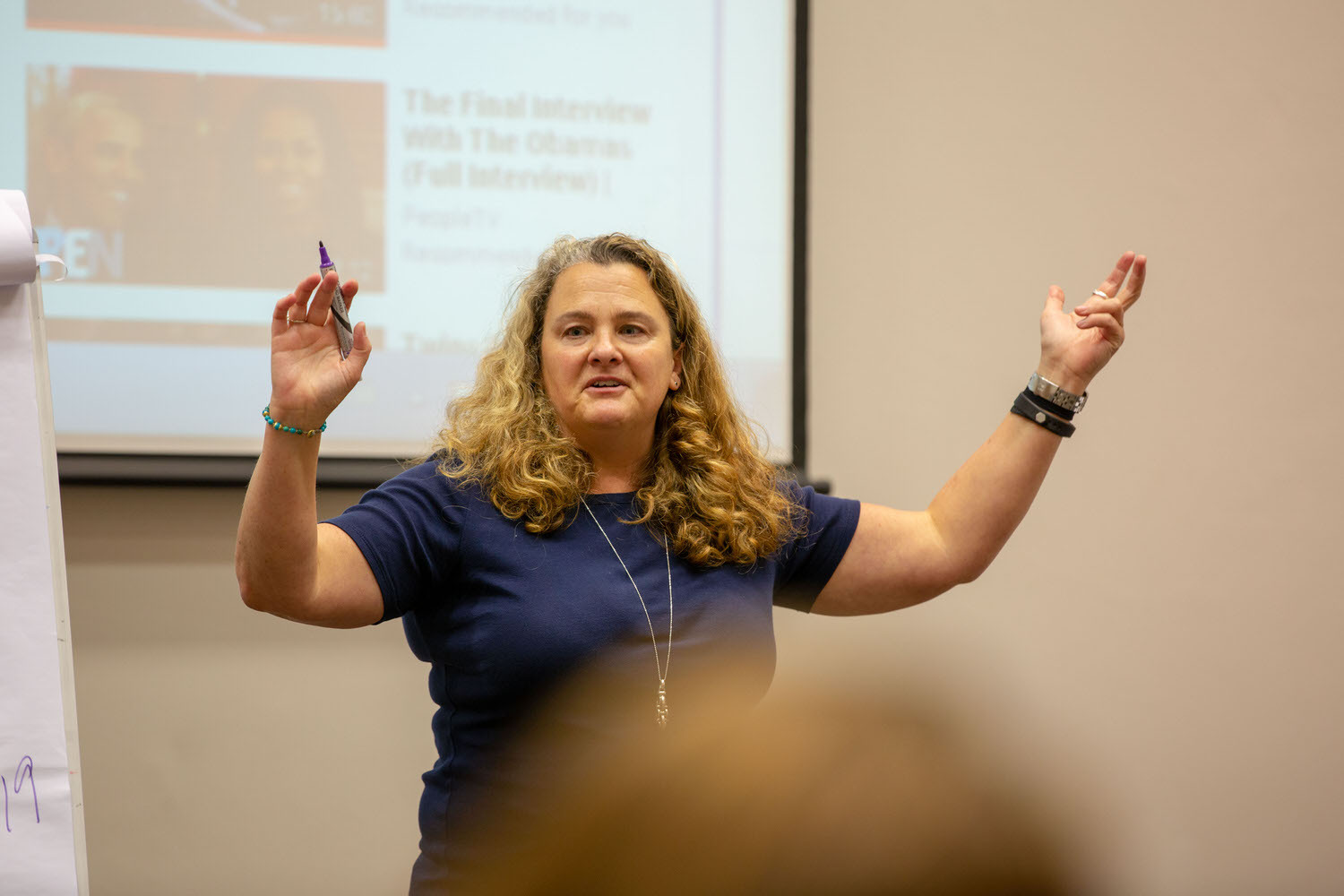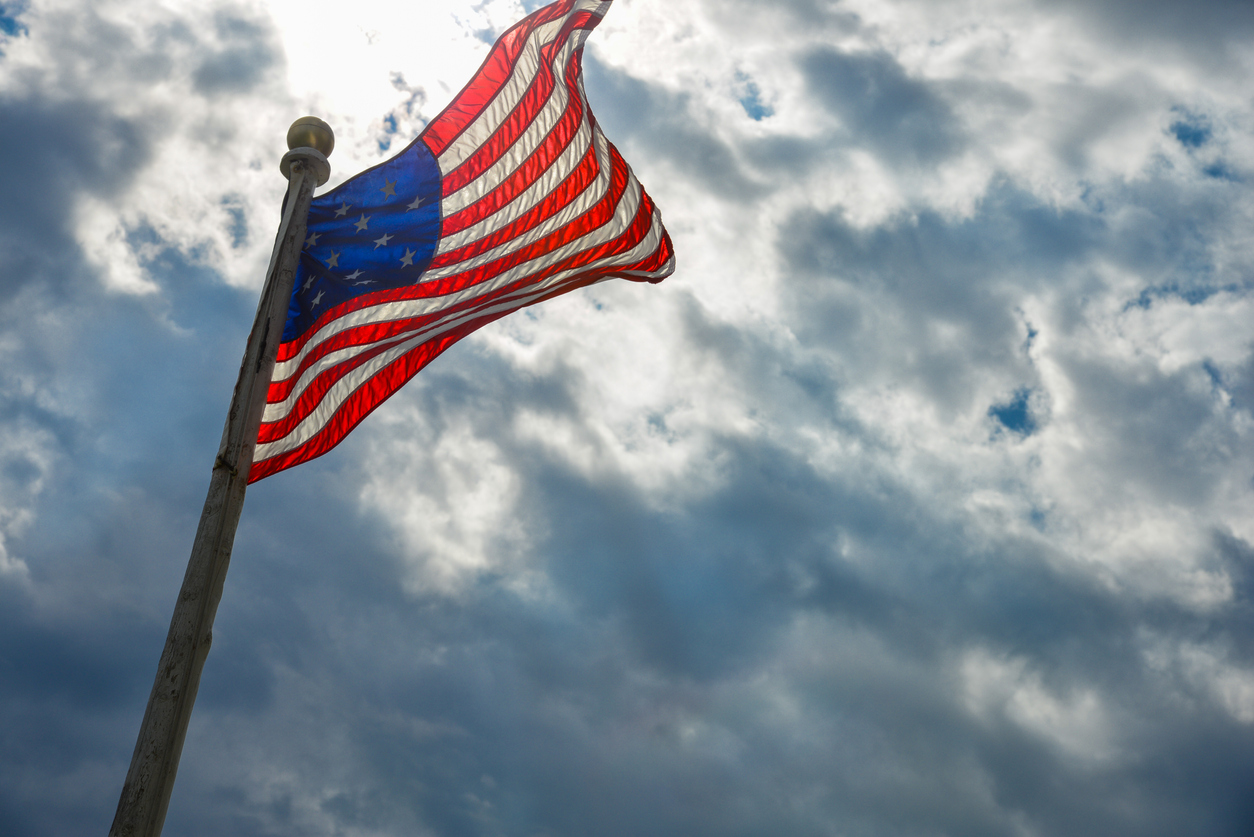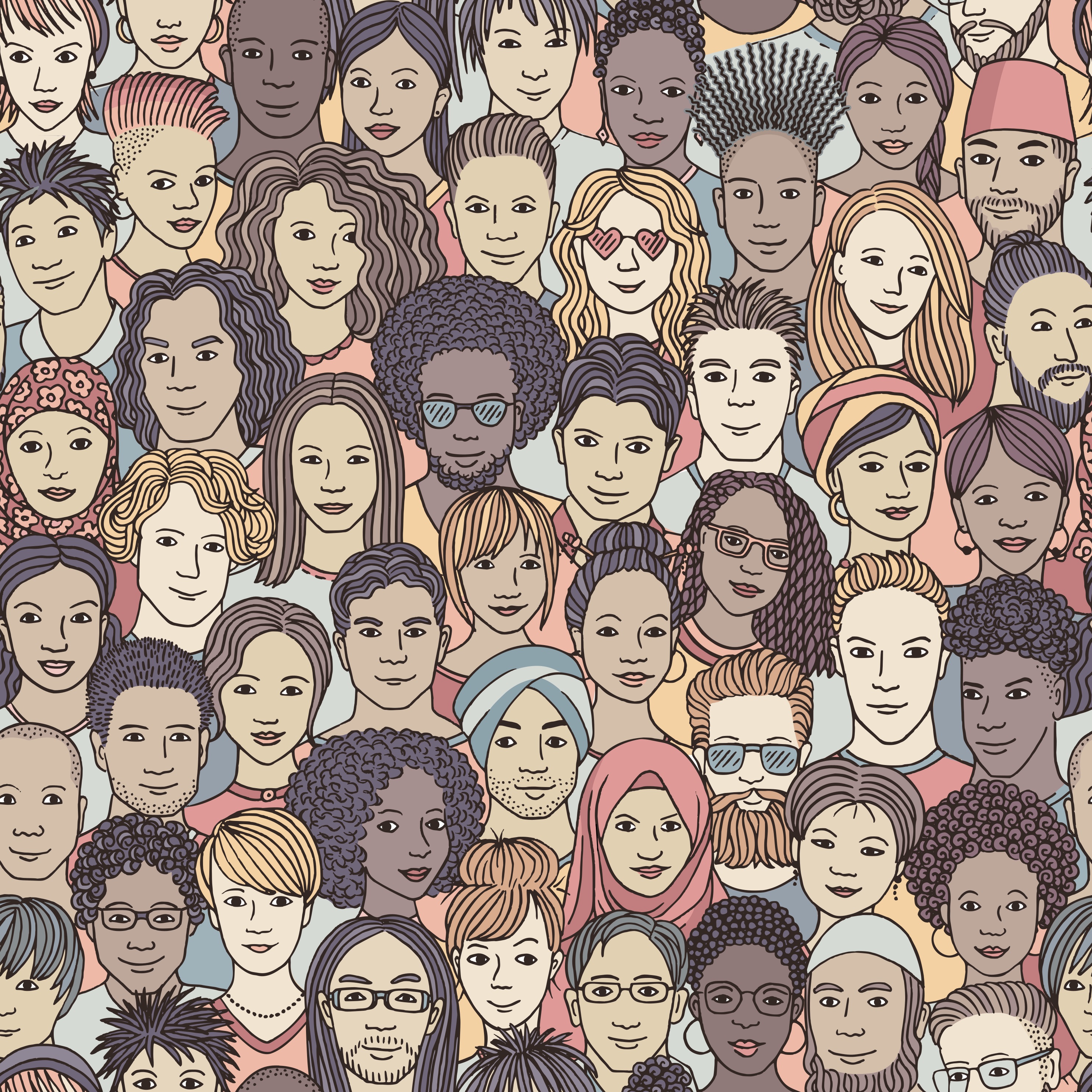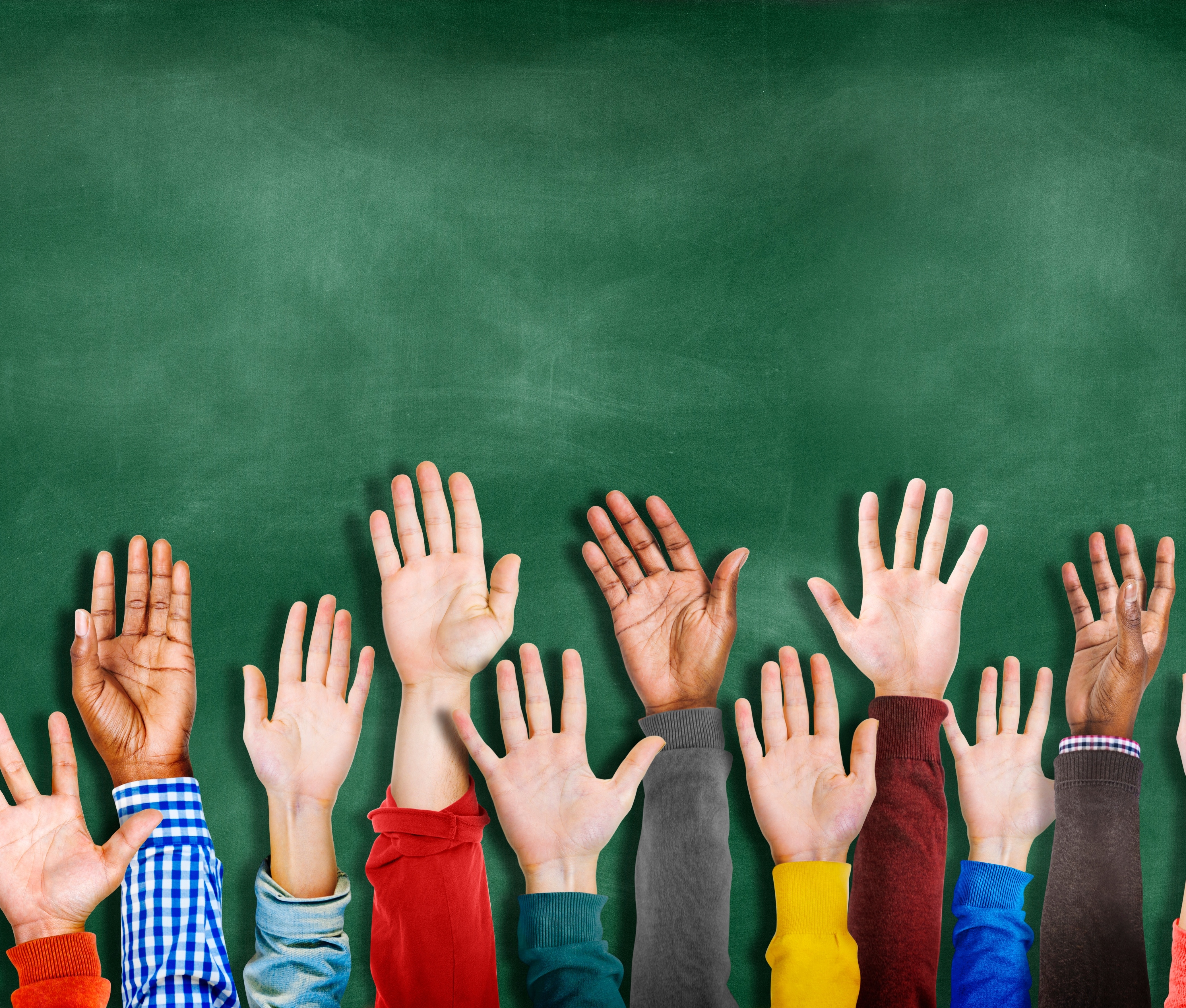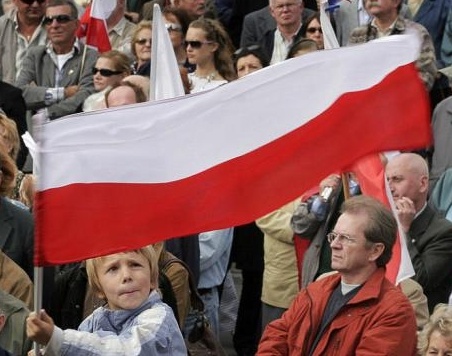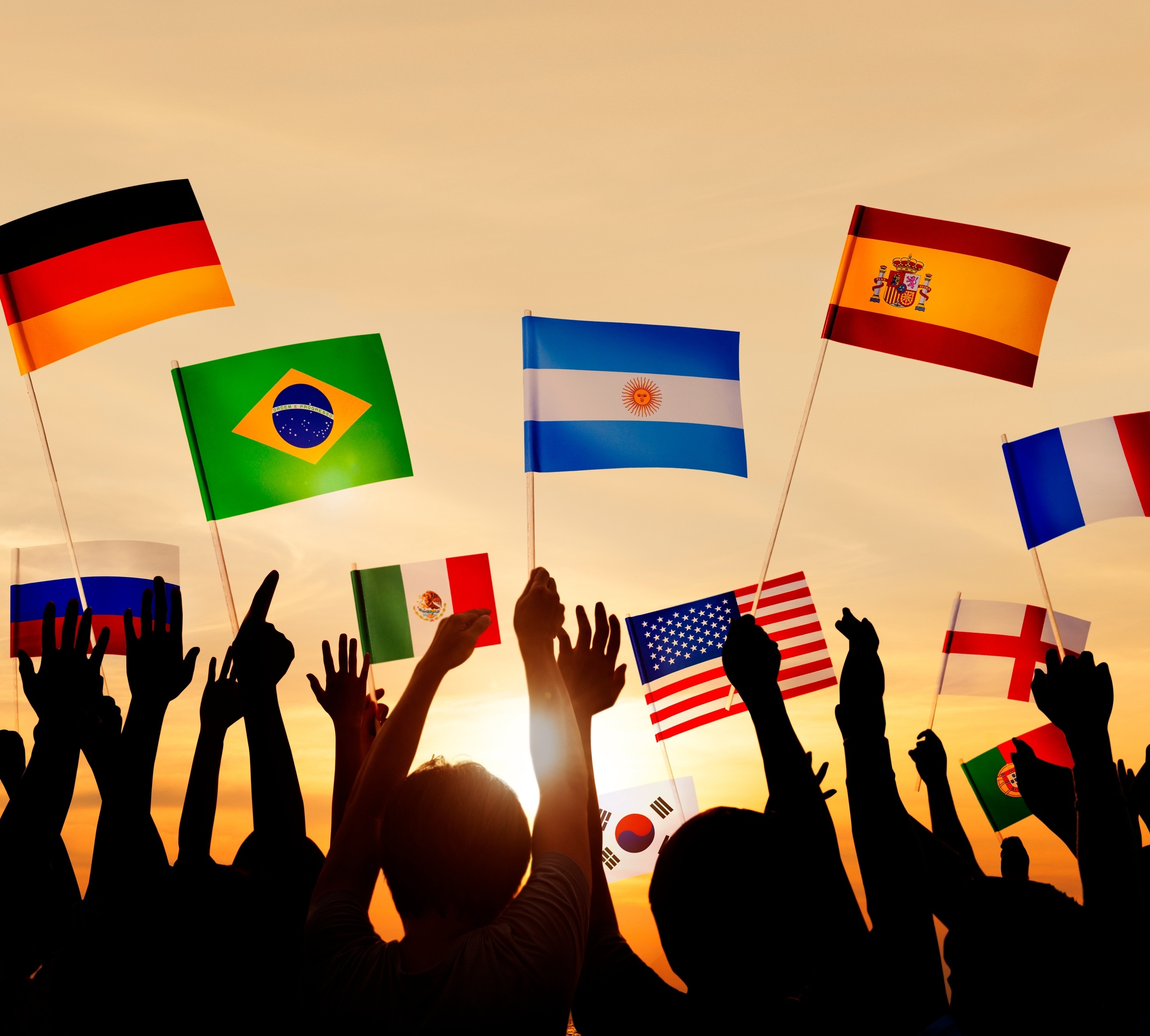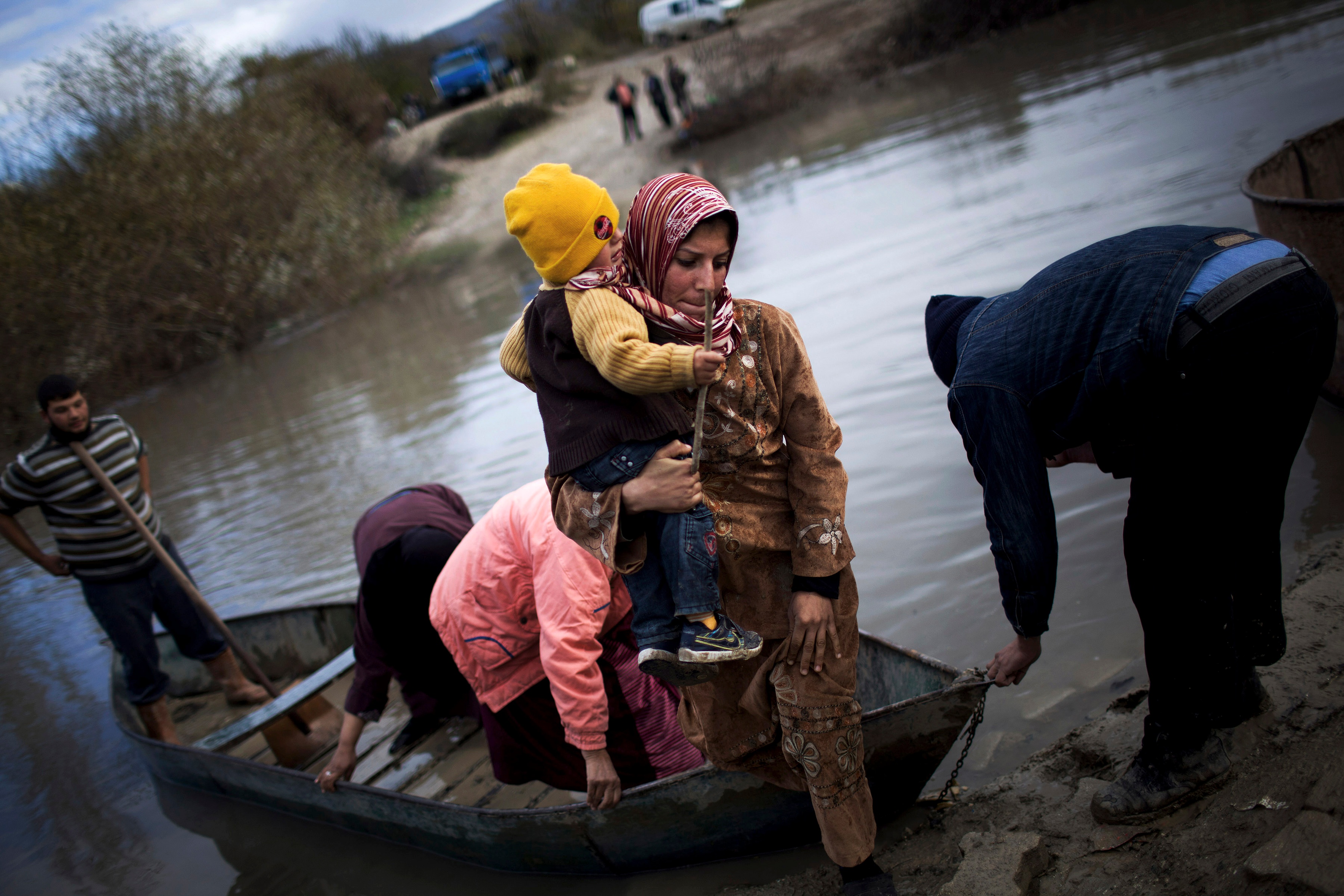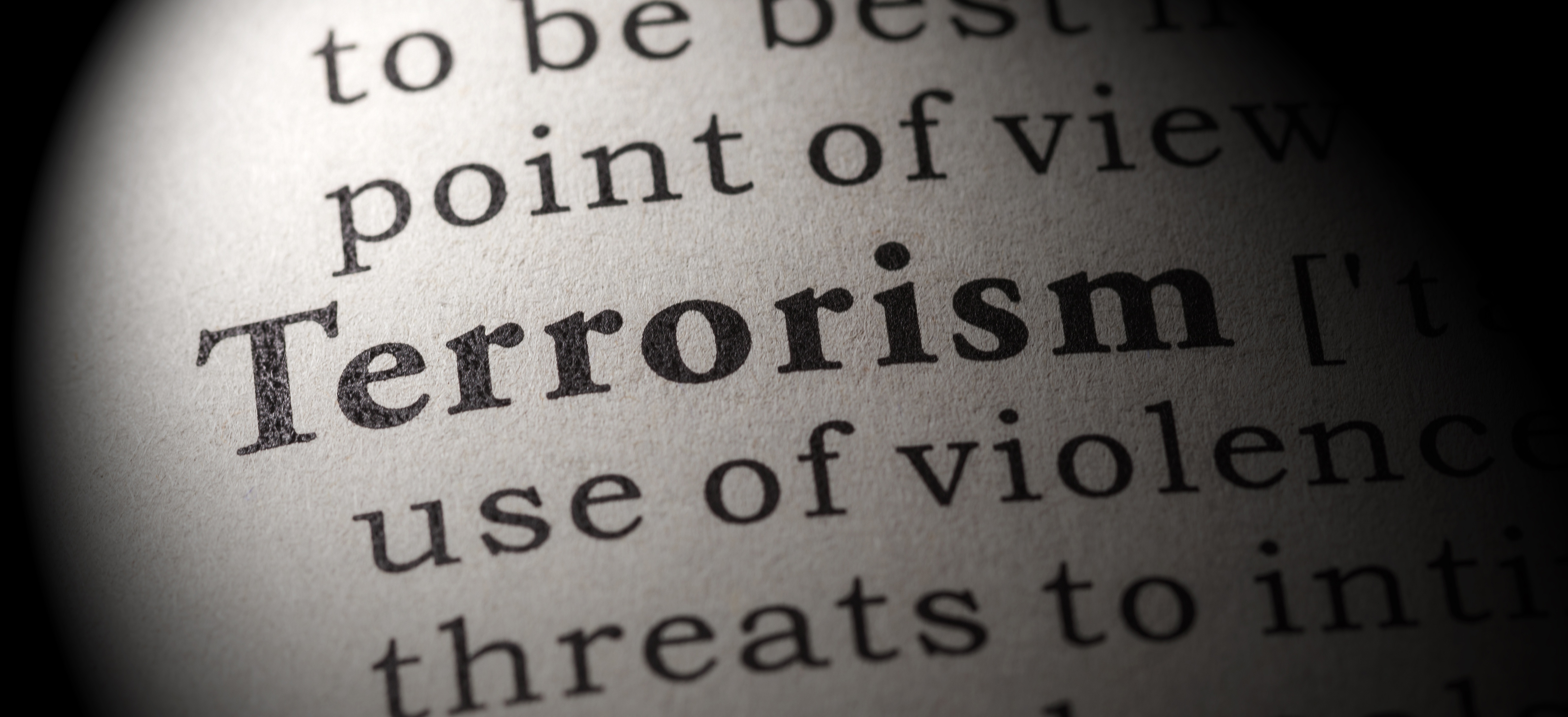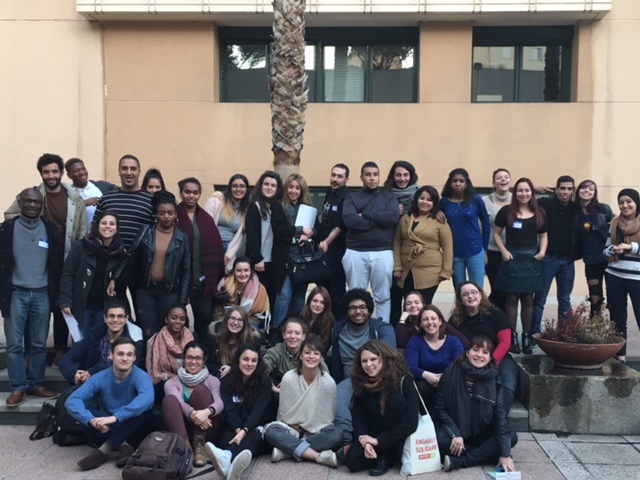After 25 years of distinguished service to our organization, Dr. Karen Murphy, Facing History’s Director of International Strategy, will join our partner organization High Resolves as CEO of an initiative called The Human Responsibility Accelerator. Stay tuned for news of our deepening partnership with High Resolves. Today we invited Karen to share a bit of what she has learned in more than two decades at Facing History.
Karen Murphy
Recent Posts
Pause. Take a breath.
In the past few years and, more urgently, in the past months and weeks, some Americans have used the language of division to describe the United States—a "divided society." We are and have been. Using these kinds of labels helps, I think, because they allow us to begin giving language to our problems and then open up possible solutions. We have many fractures. There's not one thing that divides us. In other countries, people speak more freely of identity-based conflicts—sectarian, racial, and ethnic. We, too, have identity-based conflicts—this is one legacy of our unredressed history of racial injustice, violence, and oppression. We are also divided by additional vectors of inequality and we are divided by partisanship.
Topics: Northern Ireland, South Africa, American History, Racism
A governor is revealed to have dressed up in blackface (at least once); an attorney general is shown to have done it, too; a senator is exposed as having edited a yearbook full of racist images and language; a team at Gucci apologizes for creating a balaclava sweater that evokes blackface.
Topics: Reconstruction, Race and Membership, Black History
Democracy today is undergoing some major challenges. In fact, in 2017 it faced its most serious crisis in decades with the 12th consecutive year of decline in global freedom, according to Freedom House.
And it’s reflected in our young people.
Topics: Democracy
Poland's Holocaust Law is a Threat to Democracy. Here's Why.
Posted by Karen Murphy on February 8, 2018
For 73 years, the Polish Government has bristled at the use of the term, “Polish death camps.” This reticence has prompted a new law, signed yesterday by President Andrzej Duda, that outlaws the phrase and penalizes anyone who suggests the country was complicit in Nazi crimes committed under occupation during World War II. While Duda defends the move as a way to safeguard the country against slander, using law and punishment to manipulate historical narratives raises troubling questions about how we remember the past.
I was flying home from London last week and was sitting in an exit row. It’s funny how you can see those seats as access to more room to stretch out when really they are an emergency exit. In any case, the flight attendant came by and I was ready for her spiel: read the card, say that you agree to help, etc. Instead, she looked me in the eye and said, “You are going to need to do this. We are not going to get to you in time. We will be in the back opening those doors and helping people. People will be on you quickly and need your help.” Then she paused and said, “Most people think that we really are going to run up here and help, but we really can’t. We won’t get here in time. It’s your responsibility.”
Topics: Democracy
According to the United Nations, “every minute 20 people leave everything behind to escape war, persecution, or terror.” People also flee natural disasters. That’s 28,300 people in a day. Currently, more than 65 million people are refugees or internally displaced. This is the largest figure ever recorded. World Refugee Day provides us with the opportunity to pause, learn more and reflect on our individual, local, national, and global commitments as citizens and as human beings.
Here are three stories to commemorate World Refugee Day. We hope these inspire you to consider and discuss what responsibilities individuals have to respond to the needs of refugees today.
Topics: Refugee Crisis
Over the past few years, there have been many times when we've awakened to news of terrorism—close to home or far away. In late 2016, a list of things more common than being a victim of a terrorist attack in America was published. This list included shark attacks, lightning strikes, and car accidents and was intended, in part, to create a sense of perspective. Indeed, terrorist attacks are rare, and they directly affect only a small number of people. But their impact and consequences are widespread. In countries around the world, terrorism has shaped security and policing, civil liberties, and the ways that people in diverse societies perceive and interact with each other.
Topics: global terrorism
Topics: Genocide/Collective Violence
Flexing Our Civic Muscles Together Against Antisemitism, Hatred, and Intolerance
Posted by Karen Murphy on March 20, 2017
The stories are heartbreaking and chilling. In the first few weeks of 2017, identity-based hatred appears to be pervasive and on the rise. Two immigrants from India were shot in Kansas allegedly by a man who confronted them about their visa status; historical Jewish cemeteries were vandalized in St. Louis and Philadelphia; and, in Rockville, Maryland, a Jewish couple, who put up a Black Lives Matter banner outside their home, received a threatening note with the word “Jew” written in German and the ominous promise of “mayhem.” On January 29th, six people were killed and 19 were injured in a mass-shooting at a mosque in Quebec City. The victims included fathers, an academic, and local businessmen. They were in the midst of evening prayers.
Topics: Antisemitism, Democracy, International, Human Behavior, Paris, current events

